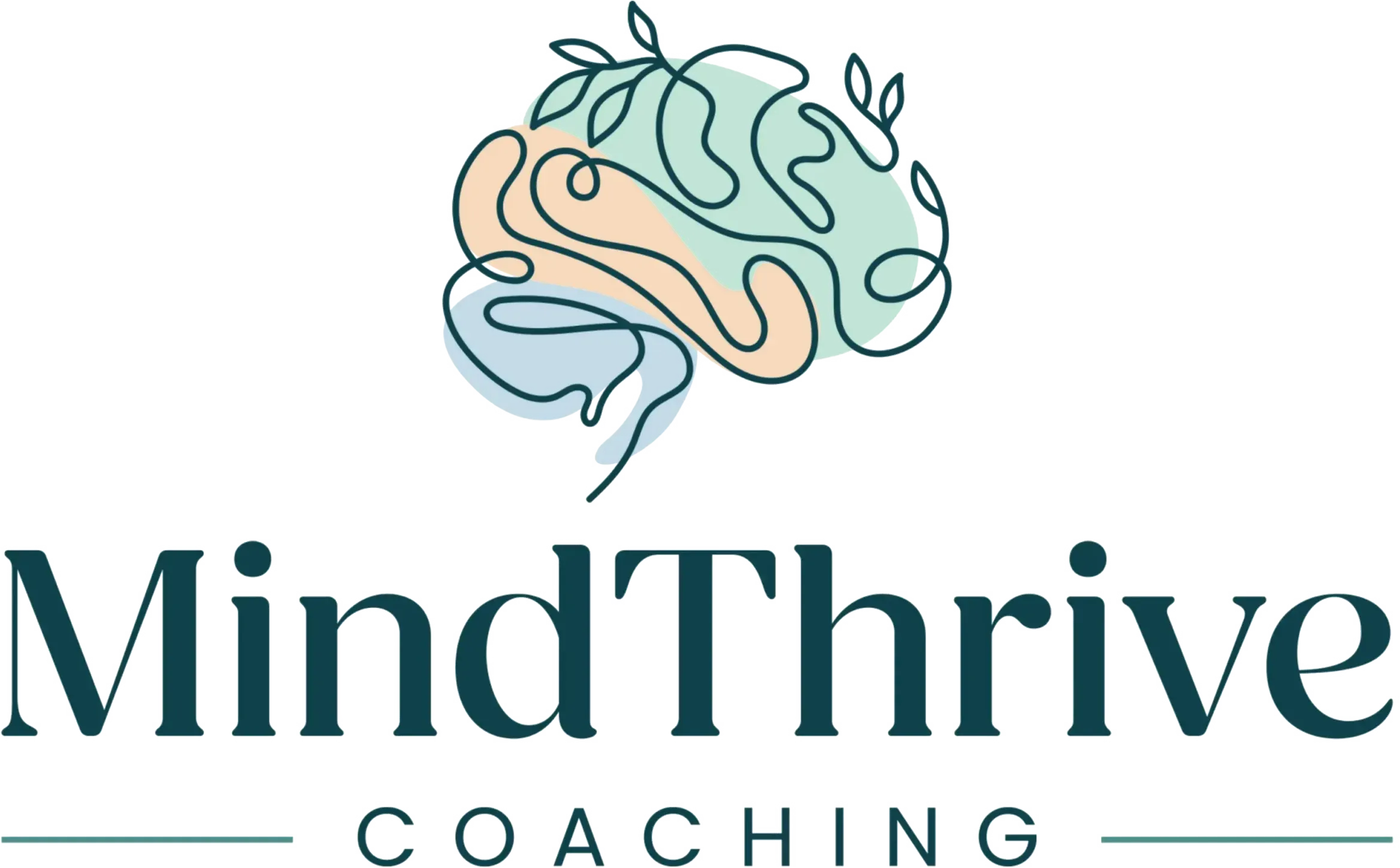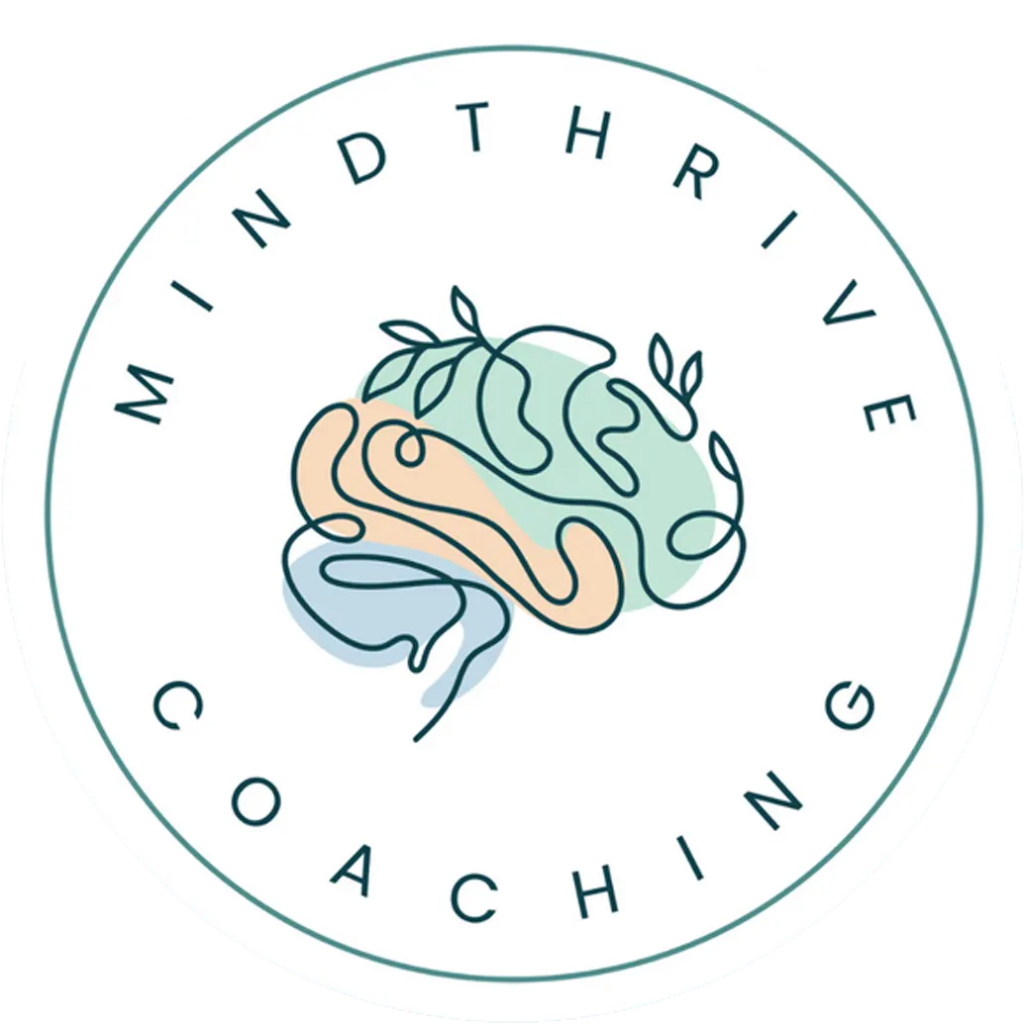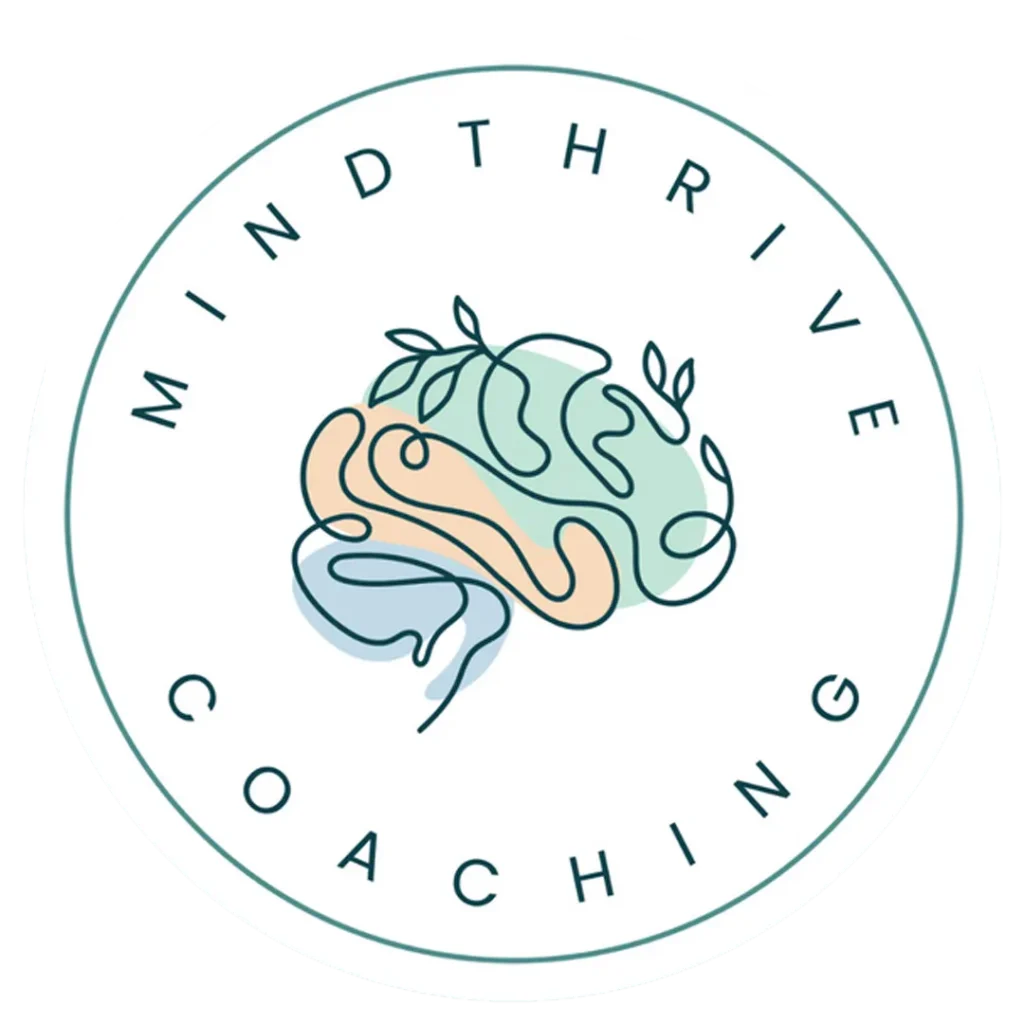Emotional Intelligence Assessments
Empowering Individuals and Organizations
Emotional Intelligence (EI) refers to the capacity to recognize, understand, manage, and effectively utilize emotions in oneself and others. It encompasses skills such as emotional awareness, empathy, self-regulation, and social adeptness. Enhancing EI can be particularly transformative as it can lead to significant personal and professional growth. Similarly, organizations that foster EI within their teams often experience improved collaboration, leadership, and overall performance.

For Individuals: Unlocking Personal
Potential with EQ-i 2.0
Enhance Your Emotional Intelligence for Personal and Professional Growth

MHS’ Emotional Quotient Inventory® (EQ-i 2.0®)
is one of the world’s most widely used emotional intelligence tests, with over 25 years of research and experience behind it. It is a scientifically validated self-assessment tool that measures emotional intelligence across 15 competencies, grouped into five composite areas:

Self-Perception: Understanding your emotions and inner self.

Self-Expression: Effectively expressing emotions and communicating feelings.

Interpersonal: Developing and maintaining healthy relationships.

Decision Making: Using emotional information to guide decisions.

Stress Management: Coping with challenges and managing emotions under stress.
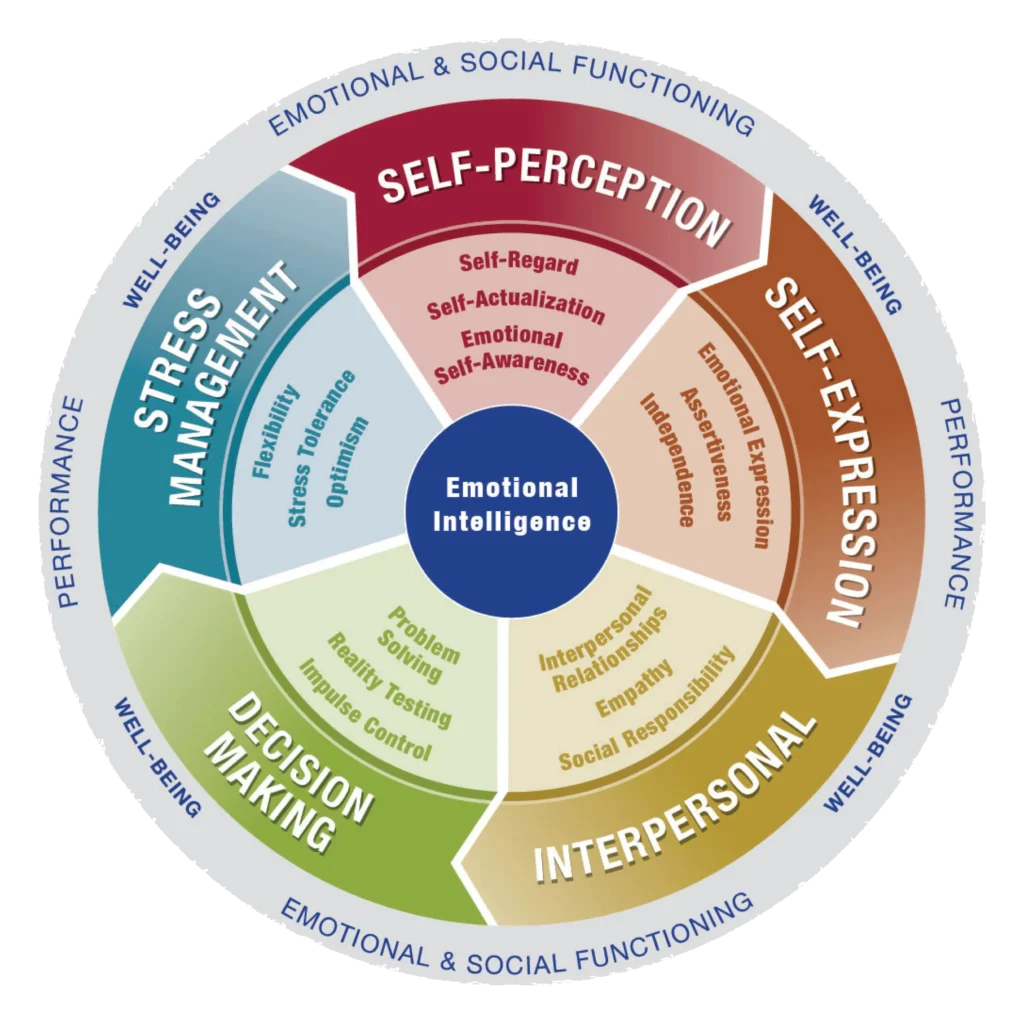

Benefits of Emotional Intelligence for
Neurodivergent Individuals
Developing EI offers numerous advantages, especially for neurodivergent clients:


Improved Self-Awareness
Understanding one's emotional landscape can lead to better self-acceptance and reduced masking behaviors, fostering authenticity.

Enhanced Communication
Recognizing and articulating emotions aids in expressing needs and boundaries clearly, fostering stronger personal and professional relationships.

Stress Management
Effective emotion regulation techniques can mitigate overwhelm and sensory overload, contributing to overall well-being.

Goal Achievement
Aligning emotional insights with personal objectives facilitates more strategic planning and resilience in pursuing goals.

Benefits of Emotional Intelligence for
Neurodivergent Individuals
Developing EI offers numerous advantages, especially for neurodivergent clients:


Actionable Insights
Receive a detailed report highlighting strengths and areas for improvement.

Personalized Strategies
Develop targeted strategies to enhance emotional intelligence based on assessment results.

Neurodivergent Alignment
This tool is especially effective in understanding the unique strengths and challenges of neurodivergent individuals.

Goal Achievement
Aligning emotional insights with personal objectives facilitates more strategic planning and resilience in pursuing goals.

Integrating EQ Assessments into Coaching and Development
At MindThrive Coaching, we incorporate the EQ-i 2.0 assessment as the initial step in our coaching process. This foundation empowers you to gain deeper self-awareness, identify meaningful goals, and co-create strategies that align with your unique strengths and aspirations, while providing a framework for ongoing reflection and growth.


How the EQ-i 2.0 Works
The EQ-i 2.0 assessment involves:

Completion of the Assessment: Clients respond to a series of questions designed to evaluate the 15 competencies.

Comprehensive Reporting: Results are compiled into a detailed report, which can be tailored for leaders or non-leaders, providing insights into emotional functioning.

Personalized Coaching: Using the report, we collaboratively develop strategies aligned with your goals, whether they're focused on personal development, professional advancement, or both.
How the EQ-i 2.0 Works
The EQ-i 2.0 assessment involves:

Completion of the Assessment: Clients respond to a series of questions designed to evaluate the 15 competencies.

Comprehensive Reporting: Results are compiled into a detailed report, which can be tailored for leaders or non-leaders, providing insights into emotional functioning.

Personalized Coaching: Using the report, we collaboratively develop strategies aligned with your goals, whether they're focused on personal development, professional advancement, or both.


For Organizations: Elevating Team
Performance with EQ 360
Cultivate Emotional Intelligence for Organizational Excellence

The EQ 360 assessment
provides a comprehensive, multi-rater evaluation of an individual’s emotional intelligence, incorporating feedback from peers, managers, and direct reports. This holistic approach gives organizations valuable insights into leadership effectiveness and team dynamics, informing professional development plans and fostering a culture of emotional intelligence.
Organizational Benefits:

Enhanced Leadership Development: Identify strengths and areas for growth, enabling targeted leadership training.

Improved Team Dynamics: Foster better communication and collaboration by understanding diverse emotional perspectives.

Increased Employee Engagement: Cultivate a supportive environment that values emotional well-being, leading to higher job satisfaction and retention.

Positive Impact on Bottom Line: Research indicates that organizations with high EI experience better performance and profitability.
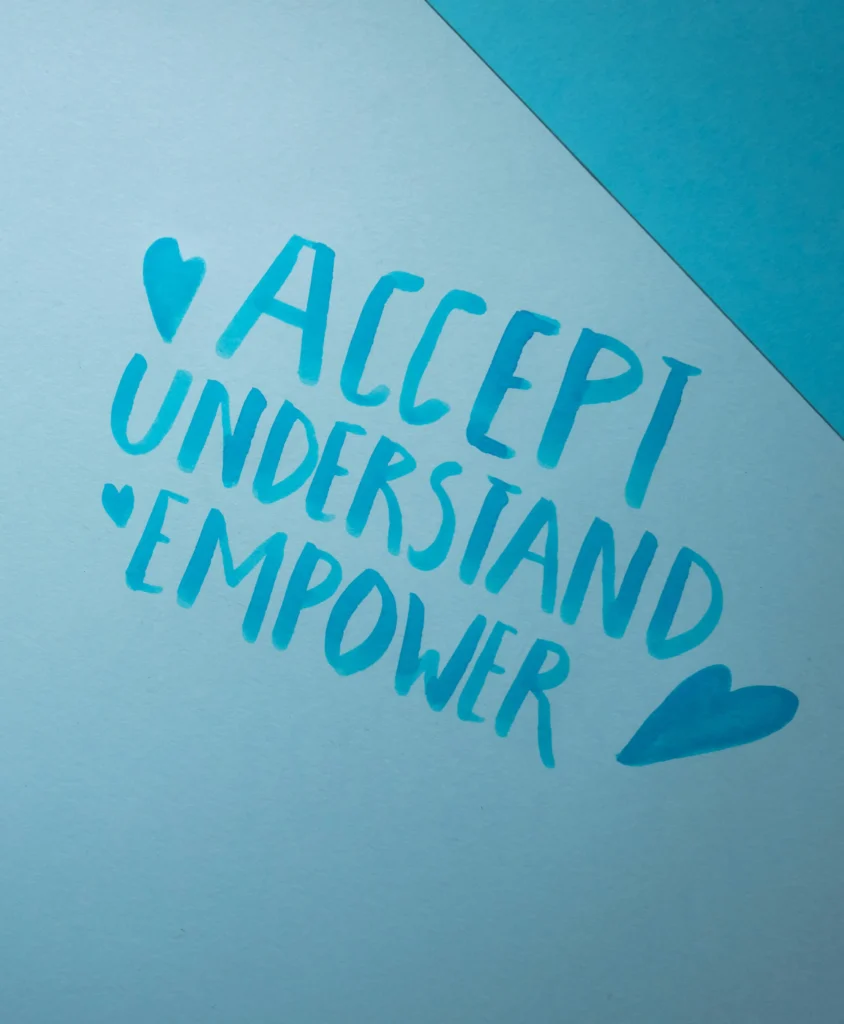

How the EQ 360 Works
The EQ 360 assessment provides a multi-rater perspective on emotional intelligence, incorporating feedback from colleagues, managers, direct reports, and peers. This 360-degree view helps organizations and leaders gain deeper insights into how emotional intelligence is perceived across different workplace interactions.


Completion of the Assessment
Participants complete a self-assessment while selected raters (e.g., supervisors, peers, direct reports) provide anonymous feedback on the same emotional intelligence competencies.

Comprehensive Reporting
Results are compiled into a detailed report that highlights strengths, blind spots, and discrepancies between self-perception and external feedback. Reports can be tailored for leaders, teams, or individual employees.

Targeted Development Planning
Using the insights from the report, we collaboratively identify opportunities for growth and create action plans tailored to leadership development, team effectiveness, or individual career progression.
This structured process helps organizations enhance leadership capabilities, improve team collaboration, and foster a culture of emotional intelligence that drives performance and engagement.

How the EQ 360 Works
The EQ 360 assessment provides a multi-rater perspective on emotional intelligence, incorporating feedback from colleagues, managers, direct reports, and peers. This 360-degree view helps organizations and leaders gain deeper insights into how emotional intelligence is perceived across different workplace interactions.


Completion of the Assessment
Participants complete a self-assessment while selected raters (e.g., supervisors, peers, direct reports) provide anonymous feedback on the same emotional intelligence competencies.

Comprehensive Reporting
Results are compiled into a detailed report that highlights strengths, blind spots, and discrepancies between self-perception and external feedback. Reports can be tailored for leaders, teams, or individual employees.

Targeted Development Planning
Using the insights from the report, we collaboratively identify opportunities for growth and create action plans tailored to leadership development, team effectiveness, or individual career progression.
This structured process helps organizations enhance leadership capabilities, improve team collaboration, and foster a culture of emotional intelligence that drives performance and engagement.
Why Emotional Intelligence Matters
Emotional intelligence is a critical factor in achieving success in both personal and professional realms.
Recent research underscores its significance:
• A 2024 article in Forbes highlights that “Emotional intelligence enables leaders to manage stress, navigate complex interpersonal dynamics and make informed decisions.”
• Fast Company emphasizes that “High emotional intelligence in the workplace can set you up to succeed—whether you’re a leader, manager, or individual contributor.”


These insights demonstrate that cultivating emotional intelligence can enhance leadership effectiveness, improve team dynamics, and contribute to overall personal and organizational success.

Explore Further
To delve deeper into the impact of emotional intelligence, consider the following articles:
Forbes: Why Emotional Intelligence Is Important For Leadership—And How To Build It
Fast Company: The Ultimate Guide to Emotional Intelligence in the Workplace and Beyond
Take the Next Step
Whether you’re an individual seeking personal growth or an organization aiming to enhance team performance, understanding and developing emotional intelligence is key. Contact MindThrive Coaching today to schedule a consultation and discover how EQ assessments can benefit you or your organization.
